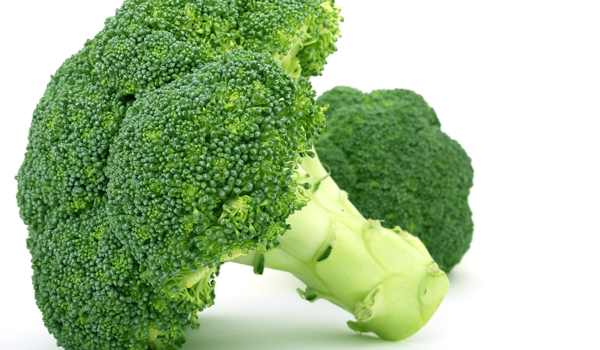Fighting Arthritis With Broccoli

A compound found in broccoli could help slow or prevent development of the most common form of arthritis, according to researchers at the University of East Anglia in the United Kingdom.
The compound, called sulforaphane, is found in the so-called cruciferous vegetables like broccoli, cabbage, kale, brussel sprouts, bok choy and radishes. It blocks the enzymes that cause joint destruction in osteoarthritis, researchers have found.
Scientists know that eating broccoli increases sulforaphane levels in the blood, so now they are launching a three-year study to see if enough of the compound gets into the joints to be effective in fighting arthritis.
"Developing new strategies for combating age-related diseases such as osteoarthritis is vital to improve the quality of life for sufferers, but also to reduce the economic burden on society," study researcher Ian Clark, a biological sciences professor at the University of East Anglia, said in a statement.
The study will also examine the effects of a compound found in garlic, called diallyl disulphide, on osteoarthritis. That compound has been shown in lab tests to slow destruction of cartilage.
Previous studies have shown that plant chemicals in broccoli especially when it's eaten raw can lower the risk of certain kinds of cancer, including colon and bladder cancers, according to the American Cancer Society.
Currently, 27 million adults in the United States live with osteoarthritis, according to Centers for Disease Control and Prevention. It is a degenerative joint disease that gradually destroys the cartilage in the joints, most often in the hands, feet, spine, hips and knees of older people. People suffering from osteoarthritis can take medication to relieve pain, or in severe cases, they can have joint-replacement surgery.
Sign up for the Live Science daily newsletter now
Get the world’s most fascinating discoveries delivered straight to your inbox.










